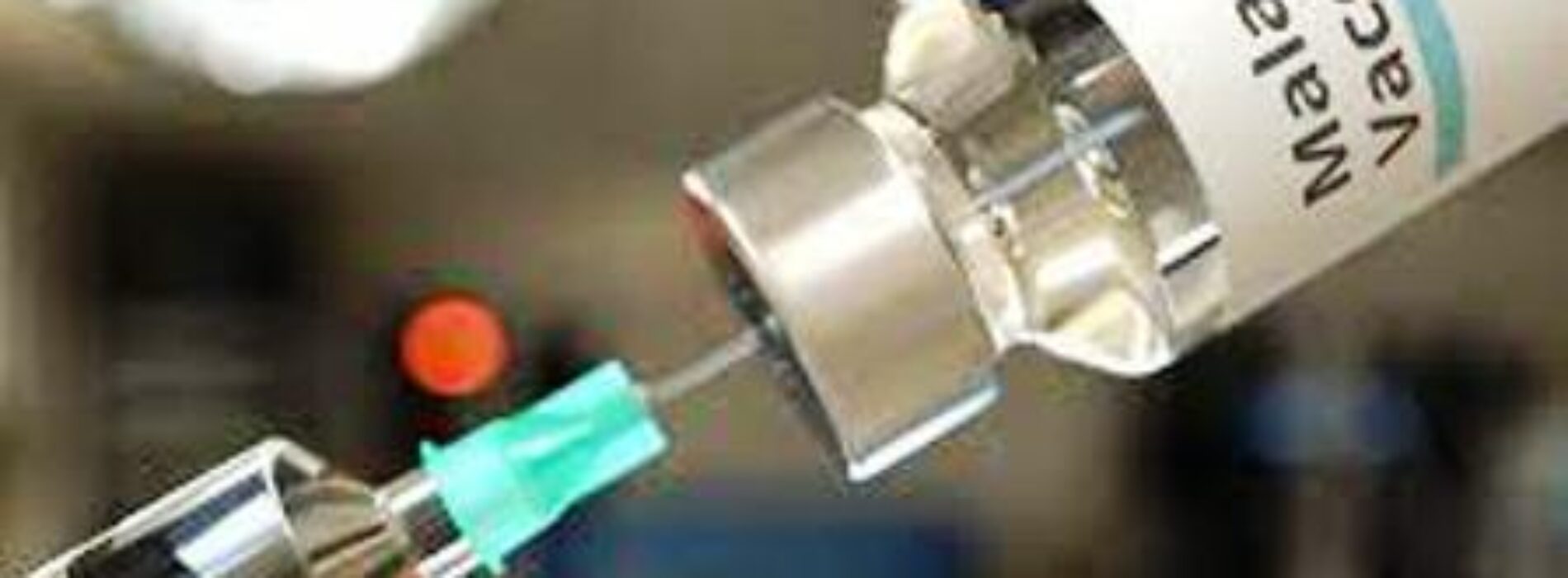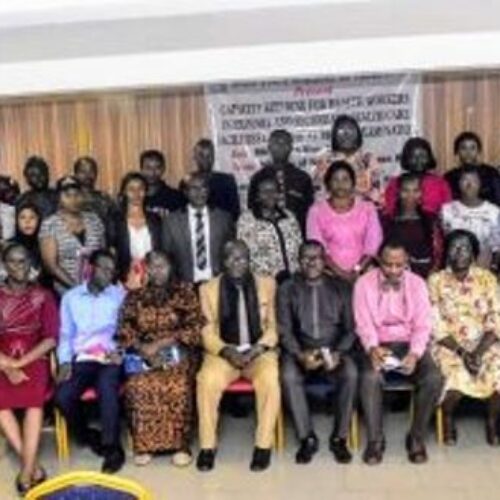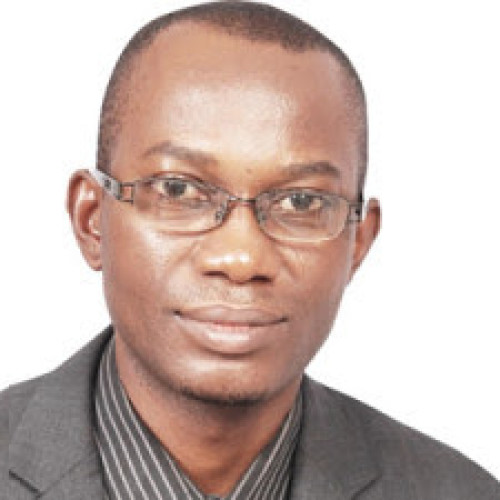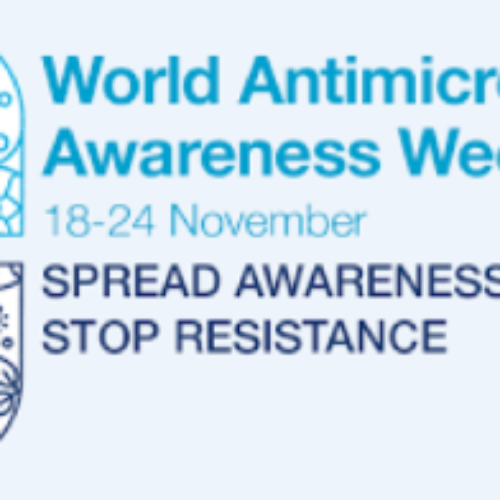World Malaria Day: More countries roll out vaccine
In a significant step forward for malaria prevention in Africa, three countries—Benin, Liberia and Sierra Leone on Thursday, April 25, launched a large-scale rollout of the life-saving malaria vaccine targeting millions of children across the three West African nations.
The vaccine rollout, announced on World Malaria Day, seeks to further scale up vaccine deployment in the African region.
This brings to eight the number of countries on the continent to offer the malaria vaccine as part of the childhood immunization programmes, extending access to more comprehensive malaria prevention.
Several of the more than 30 countries in the African region that have expressed interest in the vaccine are scheduled to roll it out in the next year through support from Gavi, the Vaccine Alliance, as efforts continue to widen its deployment in the region in coordination with other prevention measures such as long-lasting insecticidal nets and seasonal malaria chemoprevention.
Benin, which received 215 900 doses, has added the malaria vaccine to its Expanded Programme on Immunization. The malaria vaccine should be provided in a schedule of 4 doses in children from around 5 months of age.
“The introduction of the malaria vaccine in the Expanded Programme on Immunization for our children is a major step forward in the fight against this scourge. I would like to reassure that the malaria vaccines are safe and effective and contribute to the protection of our children against this serious and fatal diseases,” said Prof Benjamin Hounkpatin, Minister of Health of Benin.
In Liberia, the vaccine was launched in the southern Rivercess County and will be rolled out afterwards in five other counties which have high malaria burden. At least 45 000 children are expected to benefit from the 112 000 doses of the available vaccine.
“For far too long, malaria has stolen the laughter and dreams of our children. But today, with this vaccine and the unwavering commitment of our communities, healthcare workers and our partners, including GAVI, UNICEF and WHO, we break the chain. We have a powerful tool that will protect them from this devastating illness and related deaths, ensuring their right to health and a brighter future. Let’s end malaria in Liberia and pave the way for a healthier, more just society,” said Dr Louise Kpoto, Liberia’s Minister of Health.
Two safe and effective vaccines — RTS,S and R21 — recommended by World Health Organization (WHO), are a breakthrough for child health and malaria control. A pilot malaria vaccine programme in Ghana, Kenya and Malawi reached over 2 million children from 2019 to 2023, showing a significant reduction in malaria illness and a 13% drop in overall child mortality and substantial reductions in hospitalizations.
In Sierra Leone, the first doses were administered to children at a health centre in Western Area Rural where the authorities kicked off the rollout of 550 000 vaccine doses. The vaccine will then be delivered in health facilities nationwide.
“With the new, safe and efficacious malaria vaccine, we now have an additional tool to fight this disease. In combination with insecticide-treated nets, effective diagnosis and treatment, and indoor spraying, no child should die from malaria infection,” said Dr Austin Demby, Minister of Health of Sierra Leone.
Malaria remains a huge health challenge in the African region, which is home to 11 countries that carry approximately 70% of the global burden of malaria. The region accounted for 94% of global malaria cases and 95% of all malaria deaths in 2022, according to the World Malaria Report 2023.
“The African region is advancing in the rollout of the malaria vaccine – a game-changer in our fight against this deadly disease,” said Dr Matshidiso Moeti, WHO Regional Director for Africa. “Working with our member states and partners, we’re supporting the ongoing efforts to save the lives of young children and lower the malaria burden in the region.”
Aurelia Nguyen, Chief Programme Officer at Gavi, the Vaccine Alliance, noted: “Today we celebrate more children gaining access to a new lifesaving tool to fight one of Africa’s deadliest diseases. This introduction of malaria vaccines into routine programmes in Benin, Liberia, and Sierra Leone alongside other proven interventions will help save lives and offer relief to families, communities and hard-pressed health systems.”
Progress against malaria has stalled in these high-burden African countries since 2017 due to factors including climate change, humanitarian crises, low access to and insufficient quality of health services, gender-related barriers, biological threats such as insecticide and drug resistance and global economic crises. Fragile health systems and critical gaps in data and surveillance have compounded the challenge.
- Source: WHO
About author
You might also like
Ondo activates 5O facilities for clinical breast examination
Trains 67 health workers to create awareness The Ondo State Ministry of Health has activated 50 facilities for clinical breast examination while also training 67 health workers in the 18
Hard times here for healthcare, says former NMA boss
Immediate past President of Nigerian Medical Association and current Vice President, West Africa region of the Commonwealth Medical Association, Dr. Osahon Enabulele, took a look at Nigeria’s dwindling oil fortunes
Experts raise alarm on increasing rate of antibiotic resistance
Say we may be heading towards pre-antibiotic era Experts, once again decried the rate of resistance by infection-causing germs to antibiotics, as the world marked the 2021 World Antimicrobial Awareness







0 Comments
No Comments Yet!
You can be first to comment this post!